
OR
#Opinion
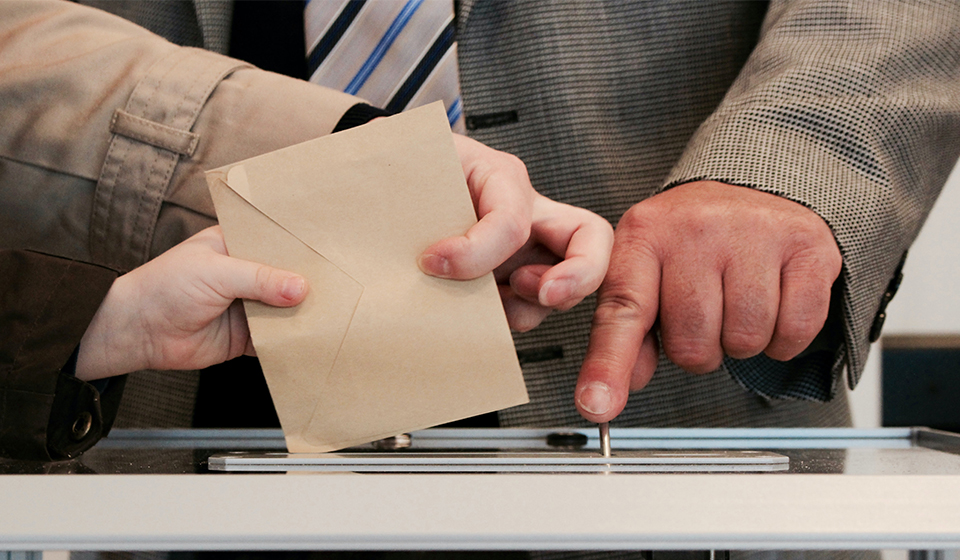
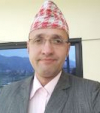
Dr Atindra Dahal
The author is an associate professor at Kathmandu School of Law, Nepal.news@myrepublica.com
Elections warrant competitive efforts for development activities for the comfort of people. Despite holding huge values, our elections need to embrace many innovations for wider interests and larger welfare of the people.
We are at the advent of a grand political festival; elections to both levels- federal and provincial bodies- have been announced. The local bodies’ election was completed on 13th of May. Owing to the series of elections, various ingenuous comments are being made. Some experts tend to evidently castigate whereas others endeavor to stupendously eulogize the election fever. However, besides those ingenious but contradicting attempts, elections embody some unique values, and, at the same time, expect profound innovation too.
Unique values
Elections best manifest the sovereignty of people that the constitution has enshrined. They ensure that the people are really important and their decision counts. Elections are also the lifeline of democracy; they monumentally uphold the existence of democratic practices in the country. Countries not adopting the practice of multi-party elections still face an aversion to being undemocratic. The famous classical philosopher Aristotle defined 'Demo' as people and 'Cracy' as power. The reflection of that supreme power of the people is also expressed through the elections. Elections are the main means to transfer power and regimes. It is legal and commendable for the parties to get the approval of the people and uphold their decisions through elections. Elections warrant competitive efforts for development activities for the comfort of people. Despite holding huge values, our elections need to embrace many innovations for wider interests and larger welfare of the people.
Expected innovation
The initial expectation is the admissible application of modern electoral conducts to disinfect the people and save them from potential health risks. Apropos to excessive reliance on the digital world, the current generation is being called the 'e-tribe'. Recent researches suggest that ‘virtual world and work’ may be a valid priority in many areas, as an aftermath of the pandemic. Tanya Plibersek's book Upton: A Better Normal after COVID and McKinsey Global Institute’s report, The Future of Work After COVID conclude accordingly.
The possible extent of digital or virtual integration should be prioritized in election procedures as well. Electronic voting or advance voting makes the state kickstart a quantum leap of change. The slogan of 'Digital Nepal' earns a meaning. Electronic voting is a common norm globally. The system was first introduced in the United States in 1960, followed by India in 1998, the Philippines in 2010, Namibia and Mongolia in 2014, respectively. Estonia has developed the practice of online voting. Electronic voting saves time and expense as well as lowers human resource needs. Less-crowded elections, easier calculation and environment-friendly ‘green election effort’ are the other competitive advantages. Invalid votes also get reduced, followed by procedural simplification. An early voting system ensures high voter-friendly practice and resolves the problem of time constraints. Such a process would also mark justice to the nearly three million Nepali voters residing abroad. The political parties concerned with the election and the Election Commission should unleash all possible efforts in these areas.
As the verdict from the joint bench of the then justices Kalyan Shrestha and Prakash Wasti, in 2070 BS, the esteemed Supreme Court granted the right to reject on the ballot paper. Adopting this system checks the popularity graph of candidates, honors civic credibility on the political system, and will see an innovation in elections.
Presenting younger generation candidates in the election competition is another of the most sought-after innovation stalls. In the short past, Obama was the president of the United States at 46, Roosevelt at 42, Reagan at 43. David Cameron became the prime minister of the United Kingdom at 43 and Tony Blair at 42. William Pitt at 24 in 1783 and John Watson at 37 in 1904 were other members of this club. Sanna Marin (36) Finland, Jacinda Arden (41) New Zealand, Carlos Alvarado (41) Costa Rica, Gabriel Boric (35) Chile, Nayib Bukele (40) Salvador are current examples of this exemplary series. The leadership of these young politicians with hypersonic energy, innovative thinking, vitality, and ability to flourish showers the nation a lot. Highly creative contribution to the country remains possible.
Simon James’s book The Prime Minister and the Cabinet says that youth-led politics is not only dynamic but also positive and productive. It unfolds an incomparable capacity in public service and civic support. Unfortunately, the retiring generation has control over politics in Nepal. Therefore, the youth should have the courage to lead the citizens through elections with a plan for positive change plus determination and practice to solve the problems of the people. Now the parties have to significantly present the younger generation in the elections. The older leaders should assimilate to act as respectable patrons. In that case, the election will create another new spark.
The practice of political meritocracy is another pressing need now. Expected development speed requires a set of experts with the adequacy of technical knowledge in various fields. The parties have to invite and attract cream cum expert minds to join politics and attempt leadership. Such practices were proved to be very beneficial for qualitative change in politics, overseas. Many countries, including China, Japan, Korea, and Vietnam have made rapid strides in intense political involvement of professors, lawyers, scientists, experts in various fields, scholars, professionals and researchers to integrate their expertise and efficacy. As there is no majority of experts among today's politicians, the idea of nation building has become a mere desire minus devotion and dedication.
Holding all three elections at once could save a lot of money. Even human resources do not need to be used repeatedly. There is no risk of creating a conducive environment for contagion by intermittent crowding. A country with a small and dependent economy, and moreover in additional hardship as now, like ours must now make renewed efforts to spend a smaller budget in elections.
The parties need to reach a new agreement on how to refine and change the system of direct elections, taking care of behavioral inconsistencies and costly practices seen in the past spats. A situation can be created where the candidates canvass through television and the parties make minimal public meetings. At a time when the virtual world is bigger than the material world, and the word 'universe' has been replaced by 'metaverse', we should also dare to commence some fundamental breakthroughs in electoral exercises too. Because of the heavy expenses in the direct election system, its alternative should also be pondered.
The previous elections, too, did not generate any new civic enthusiasm. The expected results were seldom achieved due to the lack of expert, young, dedicated and qualified candidates. At present, the additional inconveniences are heightened due to its cumbersome process as well. Therefore, in order to preserve the culture of elections and to make the results centered on civic interest and welfare, a set of rational and admissible changes to the current electoral system and its competitors should be started. If these innovations are disagreed, the election will be nothing more than a mere periodic mal-affair in terms of both the process and outcome.
You May Like This
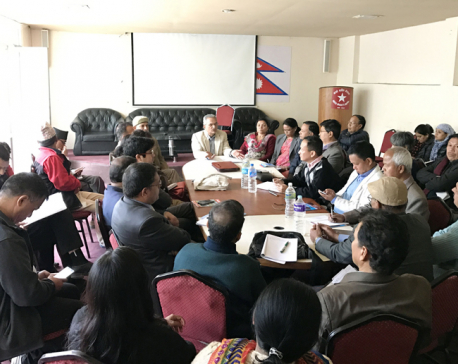
Naya Shakti wants all-party govt to hold elections
KATHMANDU, Feb 22: Naya Shakti Party Nepal, which is led by former Prime Minister Baburam Bhattarai, has demanded that an all-party... Read More...

'Will all 3 elections be held as per constitutional provisions?': Parliamentarians to govt
KATHMANDU, Jan 25: Lawmakers speaking in the special hour of the parliament meeting here today have posed many pertinent questions... Read More...
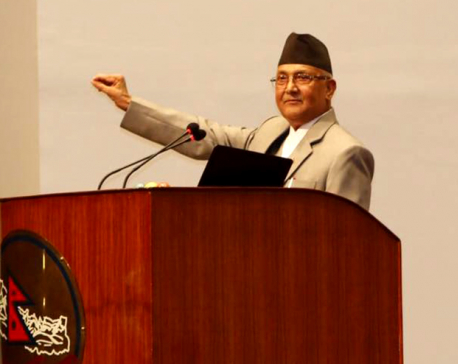
Hold elections immediately, demands UML Chair Oli
KATHMANDU, Dec 8: Main opposition party CPN-UML Chairman KP Sharma Oli has urged the government to immediately announce the date... Read More...




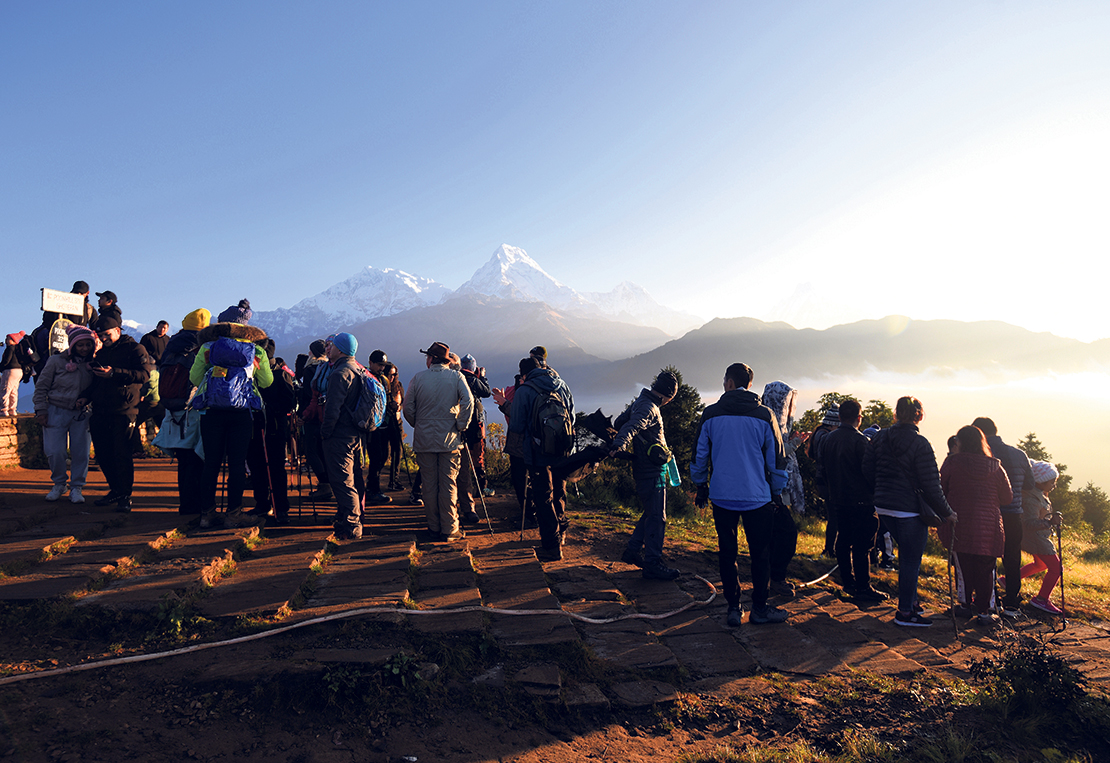

Just In
- Power supply to be affected in parts of Kathmandu Valley today as NEA expedites repair works
- Godepani welcomes over 31,000 foreign tourists in a year
- Private sector leads hydropower generation over government
- Weather expected to be mainly fair in most parts of the country today
- 120 snow leopards found in Dolpa, survey result reveals
- India funds a school building construction in Darchula
- Exploring opportunities and Challenges of Increasing Online Transactions in Nepal
- Lack of investment-friendly laws raises concerns as Investment Summit approaches









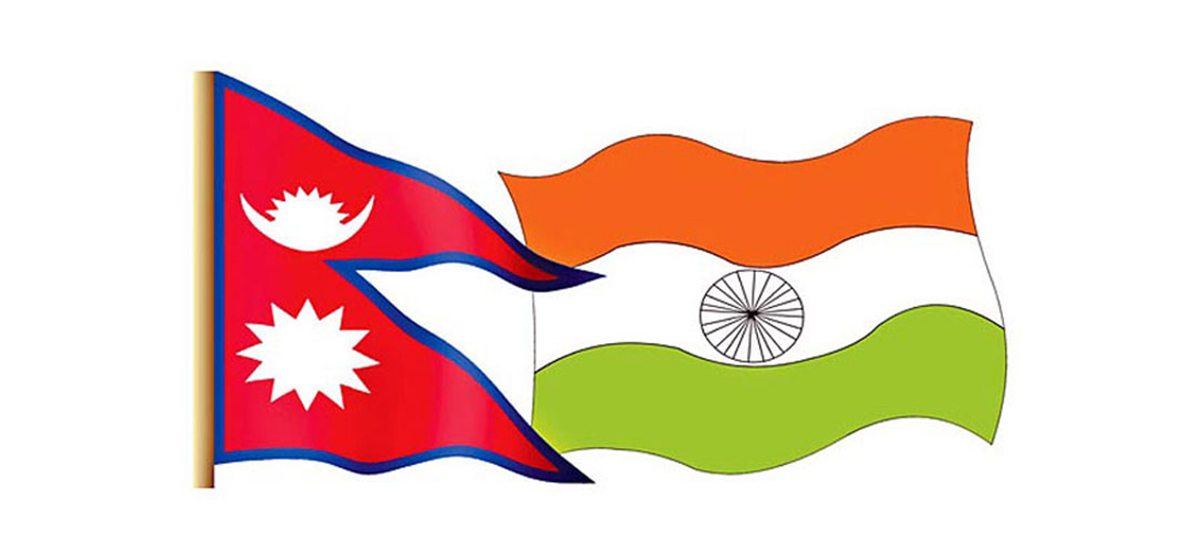

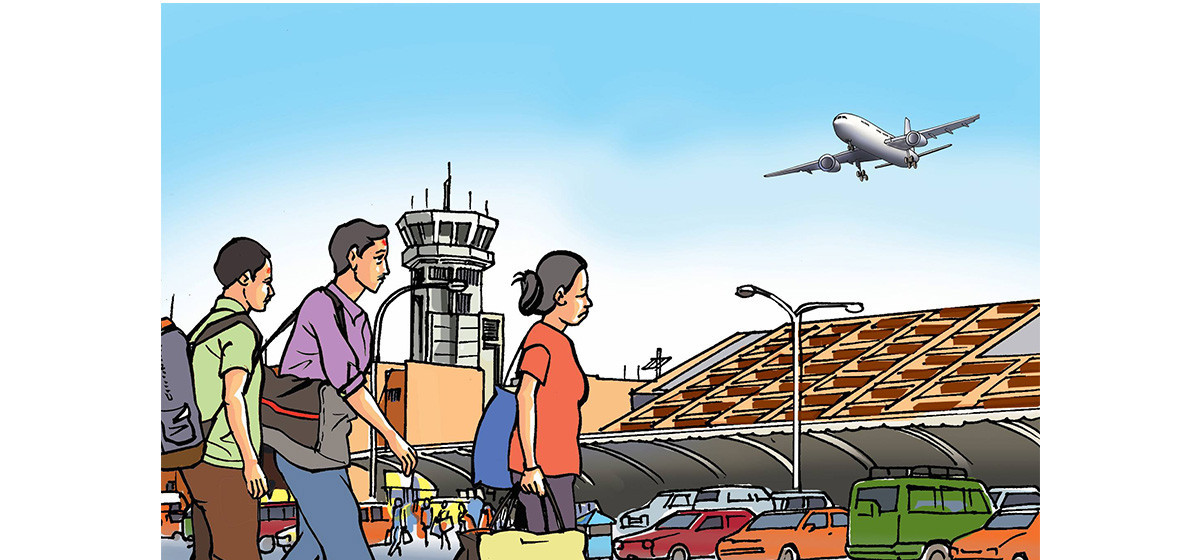
Leave A Comment